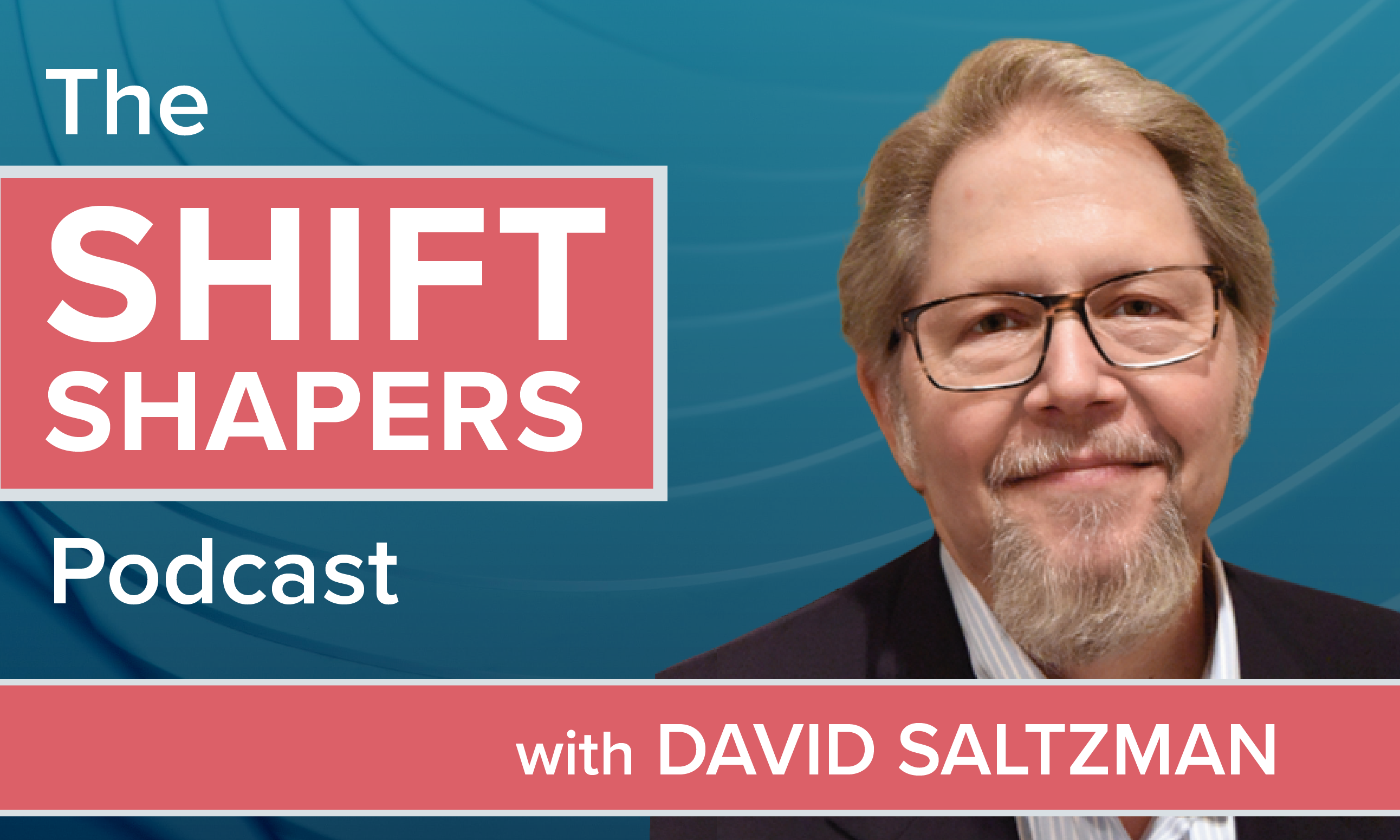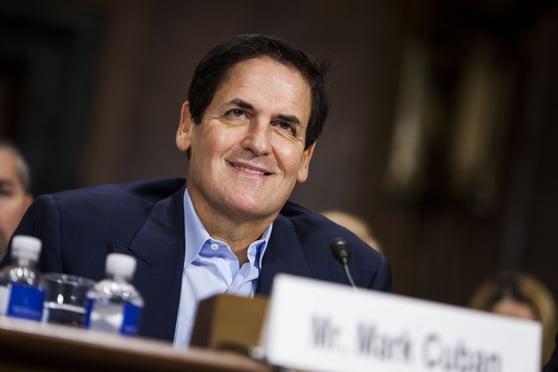- Benefits Broker
- Benefits Manager
- Retirement Advisor
- Awards
- Broker Expo
- FreeERISA
- Leads
- Career Center
- More

NOT FOR REPRINT
Page Printed from: benefitspro.com/?slreturn=20240805120206
Instant Insights / The Prescription Drug Problem & PBM Reform
Over half of Gen Z workers (58%) reported life being easier during the pandemic, and 54% said their mental health had not recovered.
Claims data also show rapid adoption of GLP-1 for weight loss, with a steady increase in utilization since 2021 and peaking at 213.8% in 2023.
The downsizing is part of a DOGE effort to eliminate 20,000 positions at the Department of Health and Human Services, which Robert F. Kennedy Jr. now runs.
Shortly after President Biden signed the new law in January, the SSA announced that payments to police and firefighters would be delayed, however, the agency has now been able to expedite payments by use of automation.
Even as AI looms large on the horizon, process automation and data engineering are already delivering outcomes that vastly outperform traditional subrogation. Now is the time for health plans.
How can companies navigate this uncertain moment? And what practical tips exist around what companies can and can’t do?
With 80% of insurance companies using or planning to use AI in the next year, carriers and brokers must harness the technology's potential while ensuring appropriate governance.
Regulators want unredacted files, which may include patients' names, birthdates and prescriptions.
The right advisors can help large employers try what might look like an opportunity just for small employers.
Committee members approved the surgeon and TV medical talk show veteran by a party-line vote.
Resource Center
Guide
Sponsored By Optavise
Guide
Sponsored By LifeSecure Insurance Company
Guide
Sponsored By Nonstop Administration and Insurance Services, Inc.
eBook
Sponsored By Nonstop Administration and Insurance Services, Inc.
Guide
Sponsored By Nonstop Administration and Insurance Services, Inc.
Guide
Sponsored By Nonstop Administration and Insurance Services, Inc.
Guide
Sponsored By Nonstop Administration and Insurance Services, Inc.
White Paper
Sponsored By Zelis
eBook
Sponsored By Nova Healthcare Administrators, Inc.
Guide
Sponsored By Nova Healthcare Administrators, Inc.
Case Study
Sponsored By Nonstop Administration and Insurance Services, Inc.
Checklist
Sponsored By ArmadaCare
Guide
Sponsored By New Benefits
eBook
Sponsored By Nova Healthcare Administrators, Inc.
White Paper
Sponsored By Noom Health
White Paper
Sponsored By Noom Health
Report
Sponsored By ArmadaCare
Guide
Sponsored By Optavise
Guide
Sponsored By LifeSecure Insurance Company
Guide
Sponsored By Nonstop Administration and Insurance Services, Inc.
eBook
Sponsored By Nonstop Administration and Insurance Services, Inc.
Guide
Sponsored By Nonstop Administration and Insurance Services, Inc.
Guide
Sponsored By Nonstop Administration and Insurance Services, Inc.
Guide
Sponsored By Nonstop Administration and Insurance Services, Inc.
White Paper
Sponsored By Zelis
eBook
Sponsored By Nova Healthcare Administrators, Inc.
Guide
Sponsored By Nova Healthcare Administrators, Inc.
Case Study
Sponsored By Nonstop Administration and Insurance Services, Inc.
Checklist
Sponsored By ArmadaCare
Guide
Sponsored By New Benefits
eBook
Sponsored By Nova Healthcare Administrators, Inc.
White Paper
Sponsored By Noom Health
White Paper
Sponsored By Noom Health
Report
Sponsored By ArmadaCare
Guide
Sponsored By Optavise
Resources
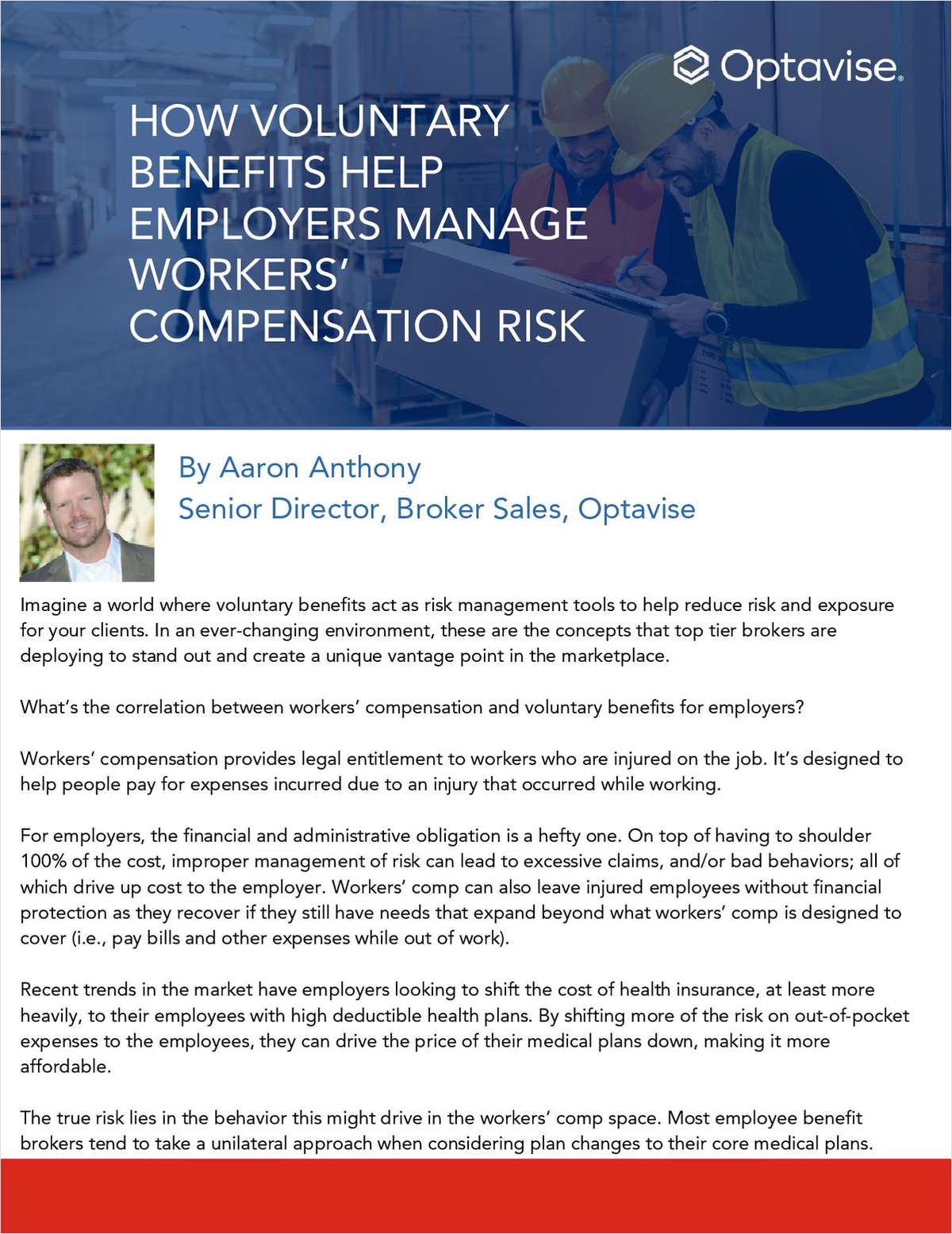
Optavise
From Optavise
Download this white paper to explore how voluntary benefits serve as crucial risk management tools for employers, mitigating the financial burden of workers’ compensation.
Download Resource
LifeSecure Insurance Company
From LifeSecure Insurance Company
Employers are revamping their benefits strategies--but are they offering what employees truly want? Discover the seven key elements shaping workplace benefits in 2025 to help your clients enhance satisfaction, retention, and enrollment.
Download Resource
Nonstop Administration and Insurance Services, Inc.
From Nonstop Administration and Insurance Services, Inc.
In 2025, you are uniquely positioned to make a real difference for your clients--both financially and in the wellness of their employees. Full of tips ranging from goal setting to relationship building, this is your guide to being a better partner this year, and beyond.
Download Resource
Nonstop Administration and Insurance Services, Inc.
From Nonstop Administration and Insurance Services, Inc.
Explore alternative plan designs, including HSAs, HRAs, QSEHRAs, ICHRAs, and MERPs, in this brief e-book.
Download Resource
Nonstop Administration and Insurance Services, Inc.
From Nonstop Administration and Insurance Services, Inc.
Discover innovative solutions to help your clients overcome cost barriers in health insurance.
Download Resource
Nonstop Administration and Insurance Services, Inc.
From Nonstop Administration and Insurance Services, Inc.
Prioritizing health equity can transform your sales strategy and secure long-term business success. This guide helps you lead thoughtful conversations by aligning with employers' values.
Download Resource
Nonstop Administration and Insurance Services, Inc.
From Nonstop Administration and Insurance Services, Inc.
You can bet that many of your employer clients will be considering alternative funding models as they shop around for health plans this year. Download this short guide to learn about the difference between MERPs and HRAs, why they matter and how you can provide your clients with lower costs, more flexibility and greater satisfaction.
Download Resource
Zelis
From Zelis
Managing health plan data is complex and time-consuming. Brokers need seamless access to accurate, up-to-date provider and network information to effectively guide employers and beneficiaries. This resource explores how to streamline workflows, reduce manual data handling, and enhance decision-making with smarter solutions.
Download Resource
ArmadaCare
From ArmadaCare
Are HDHPs & HSAs really the best solution? Let’s take a closer look.
Download Resource
Nova Healthcare Administrators, Inc.
From Nova Healthcare Administrators, Inc.
Healthcare costs are rising, and self-funded employers need a smarter approach. Discover how medical management can enhance cost efficiency and care quality. Download now to explore proven strategies and real-world success stories.
Download Resource
Nova Healthcare Administrators, Inc.
From Nova Healthcare Administrators, Inc.
Open enrollment is your chance to shine as a strategic partner. This guide equips benefit advisors with 5 actionable tips to help clients reduce confusion, streamline processes, and deliver exceptional value to their employees.
Download Resource
Nonstop Administration and Insurance Services, Inc.
From Nonstop Administration and Insurance Services, Inc.
Four industries, one health plan that delivers real savings and better benefits. See how a nonprofit, a wholesale distributor, a health center, and a school district reduced costs and eliminated copays and deductibles--without taking on additional risk. Download the case study bundle to explore how first-dollar coverage can make a difference for your clients.
Download Resource
ArmadaCare
From ArmadaCare
Help your clients make informed decisions about executive medical reimbursement plans while ensuring compliance amidst evolving regulations.
Download Resource
New Benefits
From New Benefits
Explore four strategies that benefits advisors can leverage to help their clients reduce healthcare expenses.
Download Resource
Nova Healthcare Administrators, Inc.
From Nova Healthcare Administrators, Inc.
Guiding your clients to the right network solution is vital for balancing costs, access, and employee satisfaction. Use this eBook as a strategic and educational tool to provide clarity for your clients around the ins and outs of network solutions.
Download Resource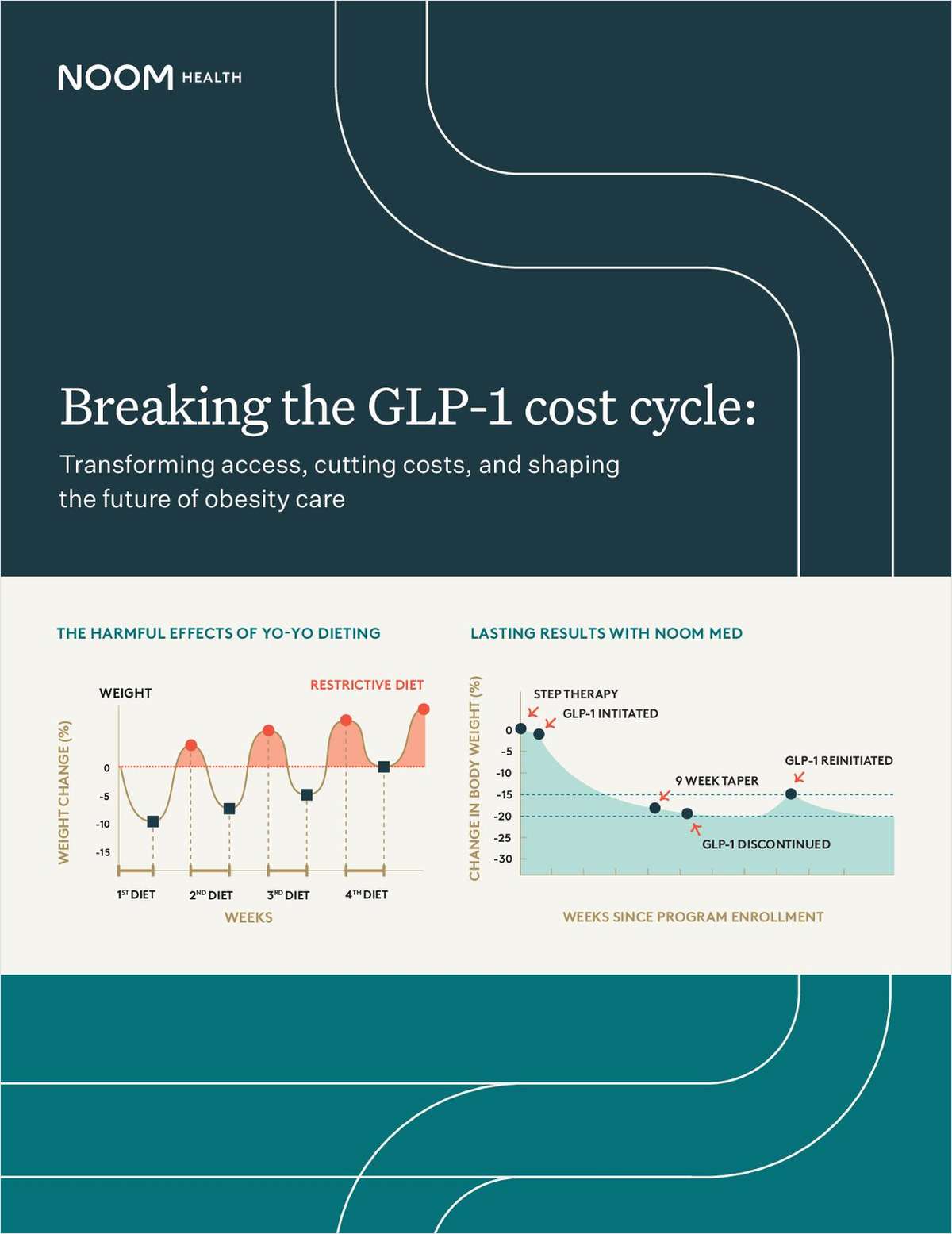
Noom Health
From Noom Health
As obesity rates rise, GLP-1 medications are gaining popularity. Yet, the multifactorial obesity epidemic presents challenges for your clients as more of their employees demand GLP-1’s. This white paper explores strategies to help clients cut costs, improve employee health outcomes, and achieve a measurable ROI.
Download Resource
New Benefits
From New Benefits
This report reveals the top non-insured benefits that not only reduce costs but also address the rising challenges of burnout, financial stress, and work-life balance. Give your clients the edge they need to support their employees while driving business growth. Download the report now to learn more!
Download Resource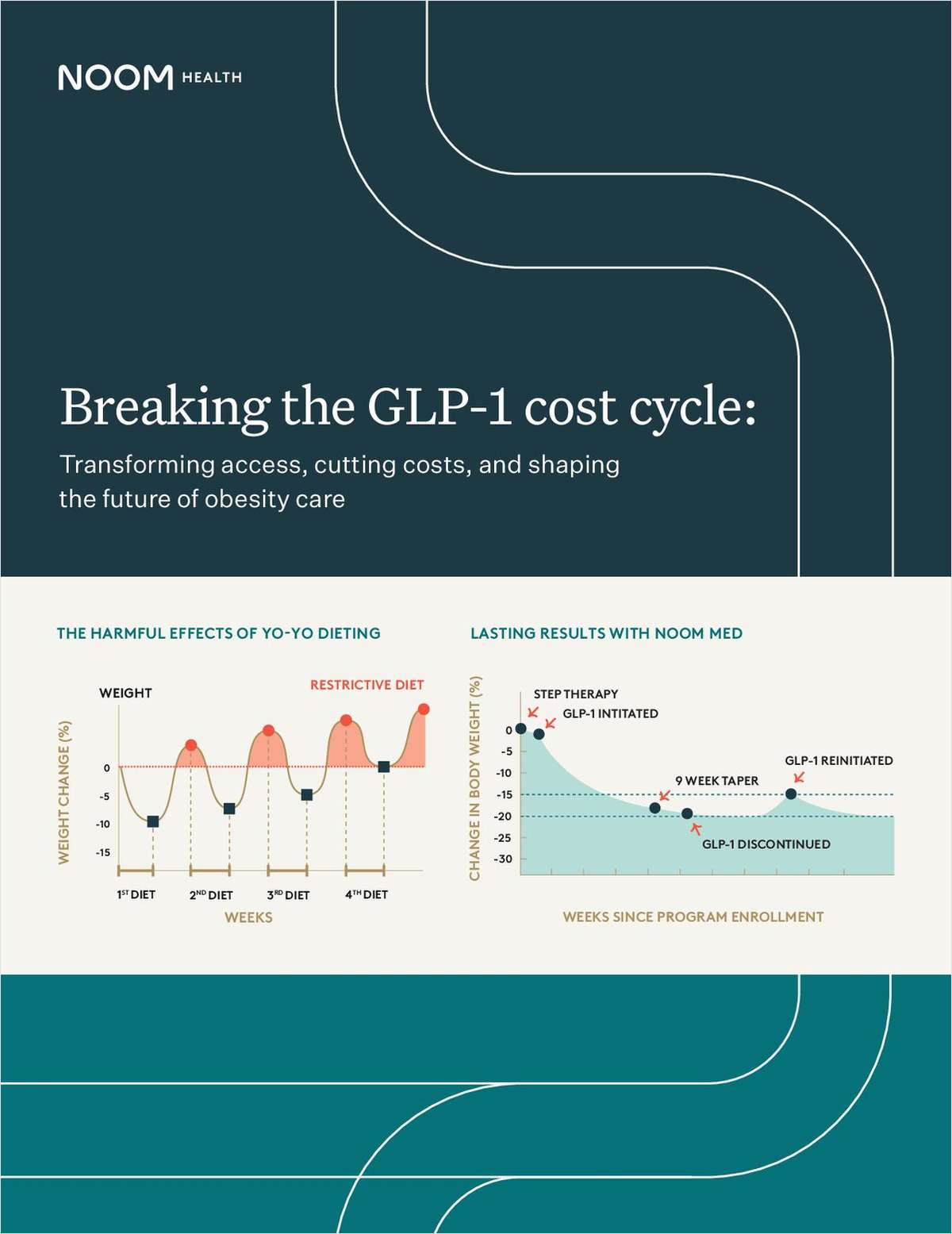
Noom Health
From Noom Health
As obesity rates rise, GLP-1 medications are gaining popularity. Yet, the multifactorial obesity epidemic presents challenges for organizations as more employees seek GLP-1’s. This white paper explores actionable strategies to help cut costs, improve employee health outcomes, and achieve a measurable ROI.
Download Resource
ArmadaCare
From ArmadaCare
Are brokers prepared for what’s next? See the 5 hot benefits trends shaping 2025 in this report.
Download Resource
Optavise
From Optavise
Download this white paper to explore how voluntary benefits serve as crucial risk management tools for employers, mitigating the financial burden of workers’ compensation.
Download Resource
LifeSecure Insurance Company
From LifeSecure Insurance Company
Employers are revamping their benefits strategies--but are they offering what employees truly want? Discover the seven key elements shaping workplace benefits in 2025 to help your clients enhance satisfaction, retention, and enrollment.
Download Resource
Nonstop Administration and Insurance Services, Inc.
From Nonstop Administration and Insurance Services, Inc.
In 2025, you are uniquely positioned to make a real difference for your clients--both financially and in the wellness of their employees. Full of tips ranging from goal setting to relationship building, this is your guide to being a better partner this year, and beyond.
Download Resource
Nonstop Administration and Insurance Services, Inc.
From Nonstop Administration and Insurance Services, Inc.
Explore alternative plan designs, including HSAs, HRAs, QSEHRAs, ICHRAs, and MERPs, in this brief e-book.
Download Resource
Nonstop Administration and Insurance Services, Inc.
From Nonstop Administration and Insurance Services, Inc.
Discover innovative solutions to help your clients overcome cost barriers in health insurance.
Download Resource
Nonstop Administration and Insurance Services, Inc.
From Nonstop Administration and Insurance Services, Inc.
Prioritizing health equity can transform your sales strategy and secure long-term business success. This guide helps you lead thoughtful conversations by aligning with employers' values.
Download Resource
Nonstop Administration and Insurance Services, Inc.
From Nonstop Administration and Insurance Services, Inc.
You can bet that many of your employer clients will be considering alternative funding models as they shop around for health plans this year. Download this short guide to learn about the difference between MERPs and HRAs, why they matter and how you can provide your clients with lower costs, more flexibility and greater satisfaction.
Download Resource
Zelis
From Zelis
Managing health plan data is complex and time-consuming. Brokers need seamless access to accurate, up-to-date provider and network information to effectively guide employers and beneficiaries. This resource explores how to streamline workflows, reduce manual data handling, and enhance decision-making with smarter solutions.
Download Resource
ArmadaCare
From ArmadaCare
Are HDHPs & HSAs really the best solution? Let’s take a closer look.
Download Resource
Nova Healthcare Administrators, Inc.
From Nova Healthcare Administrators, Inc.
Healthcare costs are rising, and self-funded employers need a smarter approach. Discover how medical management can enhance cost efficiency and care quality. Download now to explore proven strategies and real-world success stories.
Download Resource
Nova Healthcare Administrators, Inc.
From Nova Healthcare Administrators, Inc.
Open enrollment is your chance to shine as a strategic partner. This guide equips benefit advisors with 5 actionable tips to help clients reduce confusion, streamline processes, and deliver exceptional value to their employees.
Download Resource
Nonstop Administration and Insurance Services, Inc.
From Nonstop Administration and Insurance Services, Inc.
Four industries, one health plan that delivers real savings and better benefits. See how a nonprofit, a wholesale distributor, a health center, and a school district reduced costs and eliminated copays and deductibles--without taking on additional risk. Download the case study bundle to explore how first-dollar coverage can make a difference for your clients.
Download Resource
ArmadaCare
From ArmadaCare
Help your clients make informed decisions about executive medical reimbursement plans while ensuring compliance amidst evolving regulations.
Download Resource
New Benefits
From New Benefits
Explore four strategies that benefits advisors can leverage to help their clients reduce healthcare expenses.
Download Resource
Nova Healthcare Administrators, Inc.
From Nova Healthcare Administrators, Inc.
Guiding your clients to the right network solution is vital for balancing costs, access, and employee satisfaction. Use this eBook as a strategic and educational tool to provide clarity for your clients around the ins and outs of network solutions.
Download Resource
Noom Health
From Noom Health
As obesity rates rise, GLP-1 medications are gaining popularity. Yet, the multifactorial obesity epidemic presents challenges for your clients as more of their employees demand GLP-1’s. This white paper explores strategies to help clients cut costs, improve employee health outcomes, and achieve a measurable ROI.
Download Resource
New Benefits
From New Benefits
This report reveals the top non-insured benefits that not only reduce costs but also address the rising challenges of burnout, financial stress, and work-life balance. Give your clients the edge they need to support their employees while driving business growth. Download the report now to learn more!
Download Resource
Noom Health
From Noom Health
As obesity rates rise, GLP-1 medications are gaining popularity. Yet, the multifactorial obesity epidemic presents challenges for organizations as more employees seek GLP-1’s. This white paper explores actionable strategies to help cut costs, improve employee health outcomes, and achieve a measurable ROI.
Download Resource
ArmadaCare
From ArmadaCare
Are brokers prepared for what’s next? See the 5 hot benefits trends shaping 2025 in this report.
Download Resource
Optavise
From Optavise
Download this white paper to explore how voluntary benefits serve as crucial risk management tools for employers, mitigating the financial burden of workers’ compensation.
Download ResourceBenefitsPRO

Don’t miss crucial news and insights you need to navigate the shifting employee benefits industry. Join BenefitsPRO.com now!
- Unlimited access to BenefitsPRO.com - your roadmap to thriving in a disrupted environment
- Access to other award-winning ALM websites including ThinkAdvisor.com and Law.com
- Exclusive discounts on BenefitsPRO.com and ALM events
Already have an account? Sign In Now







